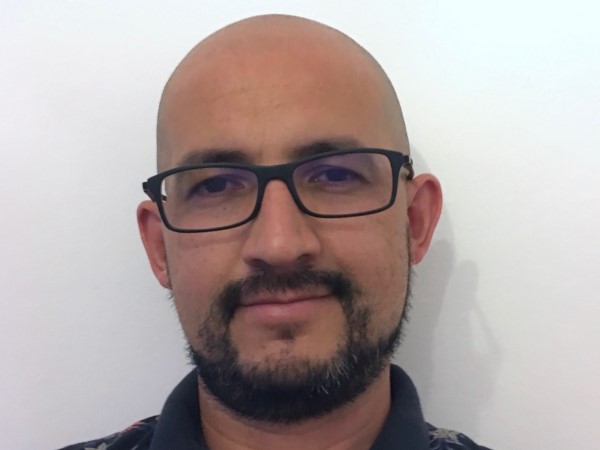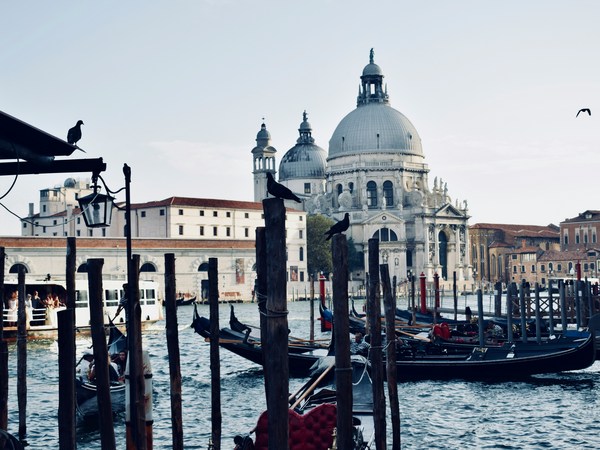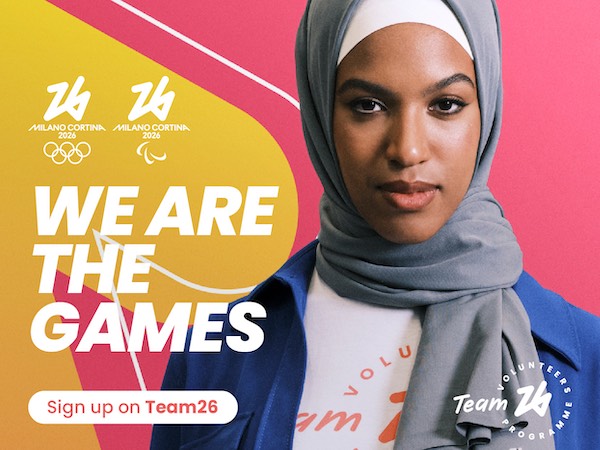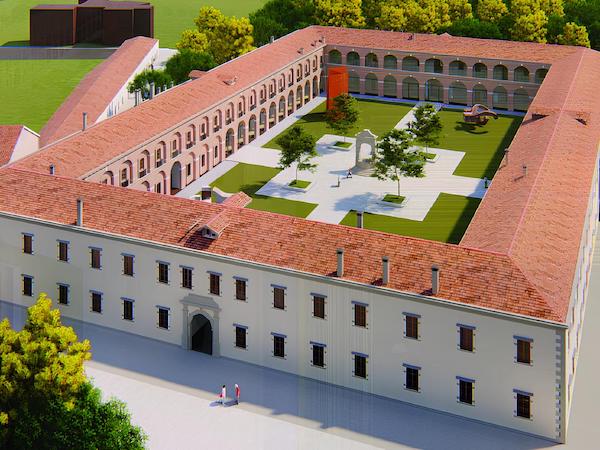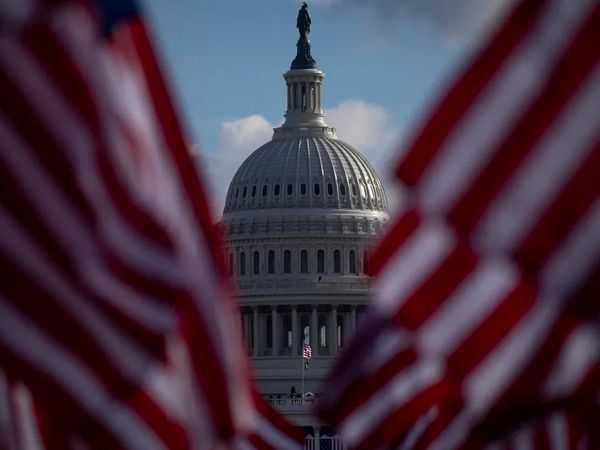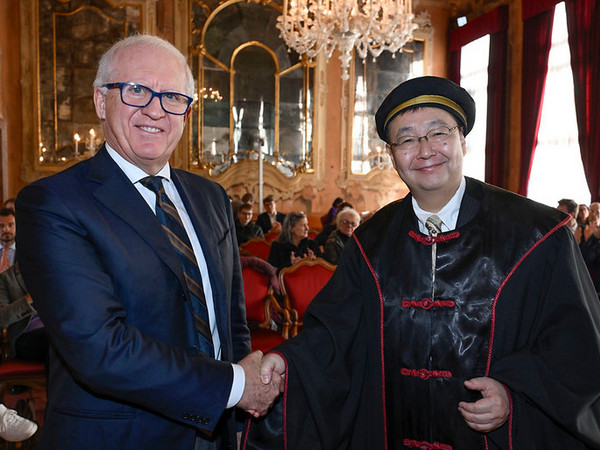Alexander Araya Lopez is a researcher, freelance sociologist and media advisor from Costa Rica, who will spend two years at the Department of Linguistics and Comparative Cultural Studies, under the supervision of Professor Francesca Coin. His project will focus on the right to the city, observing the ambivalent role of tourism and following protests and social movements that claim access to their city and its resources—mainly in Venice, Amsterdam and Barcelona. The expected results are a better understanding of the needs of European local communities and positive repercussions on policy-making processes.
Today he tells us more about his Marie Curie experience and how it opened his eyes on the complexity of society and life itself.
Your current project as a Marie Curie Fellow focuses on the “politics of space, the right to the city and the global tourism industry”, could you tell us more about your research? What are you analyzing?
I’m interested in understanding how public space is used by people in order to have a life or, more importantly, to change society with demonstrations, protests and all kinds of appropriation of public space for political uses. I started to pay attention to several social movements all over the planet that were contesting the narrative of tourism as a perfect industry. Venice is one of the places that caught my attention from the very beginning. We created this project to understand how cities are fighting back when it comes to the negative consequences of tourism.
To do so, we’re paying attention to the ambivalence of tourism: not all tourism is the same, you can have tourism that is responsible and sustainable but then you can also have people who are just interested in making a profit. It’s a very complex industry.
Tourism doesn’t always result in negative outcomes - it can help preserve the cultural heritage of a city, improve urban infrastructures or even create jobs, but at the same time these jobs can be underpaid, infrastructures can cause more environmental pollution and noise, the protection of heritage may lead to a commercialization of the city culture that in turn leads to an empty spectacle, devoid of history or tradition.
In my research, I’m analyzing three European cities that, to some extent, are all suffering because of mass tourism - Amsterdam, Venice and Barcelona. With that being said, we’re paying attention to the whole global industry.
The project is divided into three phases - the first phase is trying to understand what media is saying about tourism, more specifically what kind of negative consequences are being presented by the media; second, we want to understand the actions of social movements, so we’re paying attention to social media. We’ve chosen Twitter and YouTube, because they’re more public and politically aware in a way, so they allow us to see what people are generating and how they are using technology to communicate a message on how tourism is impacting their lives. In the third phase we will interview a diversity of experts that might help us get a more balanced and realistic view of the problem.
Can you tell us something about the results of your research in Venice? What appears to be the local reaction to seemingly unregulated mass tourism?
For the past months, we have been analyzing the media and some articles, but we still don’t have concrete results. The complexity of the tourism industry makes it so that some results are temporary, as the whole business is subjected to frequent changes.
But what I’ve noticed so far, is that there’s a lot of knowledge about the impact of tourism in local society, for example there are a lot of movements that are very aware of how tourism affects Venice. This information is one of the biggest findings we’ve registered so far - people are educated, they know what is happening with the construction of new hotels, the transformation of Mestre or the impact of the cruise industry.
The problem is that they don’t have the political tools to reach the decision-making level or the local government, but I believe there's a huge potential for changing the dynamics of the city in a way that both satisfies the needs of the tourism industry ans also preserves the wellbeing of the locals.
I can say that the same thing is happening in Barcelona and Amsterdam, a lot of people are aware of the duality of tourism and this is good, it means that with planning and collaboration initiatives between citizens and public or private industries, we can control the situation.
The core issue that has come up in several of the community meetings I’ve attended so far, is that citizens don’t feel like the city is doing enough to fight the negative consequences of tourism and they also feel like their city is being sold out to whomever wants to buy a hotel, open a yoga studio or invest in luxury brands. They feel like their needs are not being addressed and they’re losing more and more communal space.
What can governments do to improve the situation?
Governments need to partner up with Universities and local organizations, because locals are often times the most knowledgeable sources on what is going on in a community.
The Marie Curie Fellowship project is interested in creating this interchange of information between private industries, Universities, the citizenship, to benefit European society as a whole. The idea is to help governments find solutions, at least by suggesting possible solutions or strategies to test. Governments can invest in this kind of networking.
Nobody profits from a city that is collapsing due to tourism, not even the tourism industry itself. Tourists that come here don’t want to be overwhelmed by other tourists, they don’t want their experience to be oppressive because of excessive policies or regulations.
The role of governments is important, they can do a lot, for example, they can start minimizing the pivotal issues associated with mass tourism - but we can’t expect them to do everything. We have to understand that local governments cannot carry out the same tasks as a national government. For instance, there are special laws in Venice that give power to the central government of Italy, so the local government is not totally autonomous.
This kind of legal complexity is what sometimes makes governments unable to act and control the situation.
Every government is approaching the problem in a different way and this is why we need comparative studies like this one to try and understand what kind of solutions are being proposed. I don’t necessarily think that governments have anything against locals, we just don’t see how complex the tourism industry really is and how powerful and influential this business is at a global and local level.
You're approaching your first year as a Marie Curie Fellow at Ca' Foscari. How has your experience been so far?
One of the things I didn’t expect from this Marie Curie is the opportunity it has given me to know the reality of so many diverse people affected by the issues. When I wrote the project, I was not aware of the full social impact of my research. Now i’m kind of surprised of how ‘human’ this project is, now that I see real impacts in real people: I’m interacting with local business owners whose shops are closing down (partially due tourism), sexual workers affected by mass tourists in Amsterdam and people who have just been evicted from their homes in Barcelona- this is truly a learning experience, to be able to understand the complexity of society, and how different and difficult the lives of many people are.
This also means I feel responsible, and I have the duty of listening carefully to what they’re saying, taking their voices and amplify them in my research.
A Marie Curie Fellowship is also an amazing career opportunity, you have the chance to interact with so many other people at different levels, creating networks with other researchers, develop your abilities as a researcher, learn new skills such as Italian in my case, understand how to use new software for processing data, etc.
What would you like to see in the future of research, especially in your field?
There’s still a lot to do from the point of view of research to understand the connection between representation in media, public space and political rights. Personally, I’m interested in how political space is used for public demonstrations and how we are being limited by a public space that is not friendly for activities of dissent. We are in a very interesting time where we are seeing so many new movements, especially related to the themes or environmental security. I would like to focus on how people are taking back the public space as a space for the uses of political causes. I would like to see more people do research on how effective these appropriations of public space are to communicate political needs or for reclaiming political rights.
Idealistically, I would also like to see more networks between researchers and maybe less academic competition. I believe that the Marie Curie is an example of this virtuous interaction, because it puts emphasis on collaboration and dissemination - all the new information we uncover or generate within our projects is supposed to be completely open access. You’re not supposed to keep your findings to yourself and just profit off of them, you have to give back. I think these premises are the key for a better future for research as a whole.
We’re also experiencing a very interesting phase for science, where we see an increasing number of researchers who come from groups that were previously discriminated or oppressed. This representation is essential for progress, because when science is more diverse, we have a real opportunity to debate - even ‘touchy’ subjects - from different perspectives.
The Marie Curie is very clear on certain points that have to do with representation - if you’re going to deal with certain communities or groups of people at risk, you’re required to give information on how you’re going to protect them and treat them ethically.
You’re also invited to provide details on the gender dimension of your research, in the sense that you will consider the gender perspective as a relevant point in your work, understand how a certain problem affects women.
The Marie Curie is also brilliant because of its mobility requirements, it opens your perspective as a researcher but also as a person, it gives you new tools to look at society in a different way.
Alexander Araya Lopez will hold a lecture on March 28th, in the series of seminars organized by the SIE, with support from the International Research Office and the International College.
The initiative will showcase the research of Marie Curie Fellows at Ca' Foscari University and provide them with an opportunity to share their work with the Ca' Foscari community. All talks are in English and are primarily directed at exchange students in Venice and students of the International College on San Servolo, but everyone is welcome.
To find out more about the seminars, visit the dedicated page





